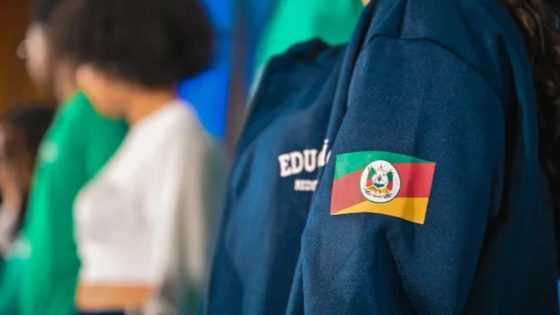On February 12, 2025, the U.S. Department of Education’s Office for Civil Rights announced the rescission of the Title IX guidance on Name, Image, Likeness (NIL) compensation issued during the final days of the Biden administration. Acting Assistant Secretary for Civil Rights Craig Trainor stated that the previous guidance was overly burdensome and lacked legal justification regarding gender equity in athlete compensation.
- Biden administration's NIL guidance rescinded
- Guidance deemed overly burdensome and unfair
- NIL agreements compared to financial aid
- Title IX does not mandate revenue distribution
- Lack of legal authority for gender equity claims
The Title IX guidance concerning NIL agreements was introduced by the Biden administration to ensure that financial aid and compensation for student-athletes were distributed equitably between male and female athletes. However, Trainor emphasized that Title IX does not specify how revenue-generating athletic programs should allocate funds among student-athletes. Critics argue that this interpretation overreaches the intent of Title IX.
Key points regarding the rescinded guidance include:
- The original nine-page document claimed NIL agreements were similar to financial aid.
- There is no explicit requirement in Title IX regarding proportional distribution of athlete revenues based on gender.
- The lack of clear legal authority supporting such claims led to its rescission.
This decision comes amid ongoing discussions about fairness and equity in college sports, particularly as NIL deals become increasingly prevalent. Stakeholders in collegiate athletics are closely monitoring these developments as they could impact future policies regarding athlete compensation and institutional compliance with federal regulations.
The rescission of the NIL guidance reflects a significant shift in how federal authorities view athlete compensation under Title IX. As debates continue around gender equity in sports funding, institutions will need to navigate these changes carefully while considering both legal implications and ethical responsibilities toward their student-athletes.






























![Will Avalanche [AVAX] Plunge Further? Bears Set Sights on $14.5 Support!](https://news.faharas.net/wp-content/uploads/2025/03/Will-Avalanche-AVAX-Plunge-Further-Bears-Set-Sights-on-145.webp.webp)


